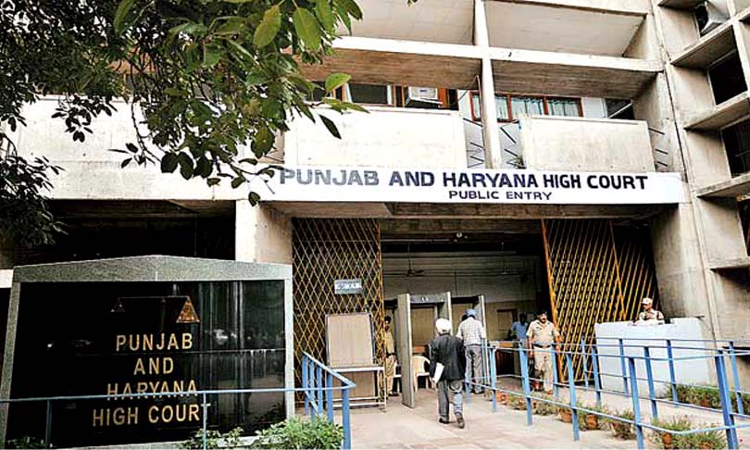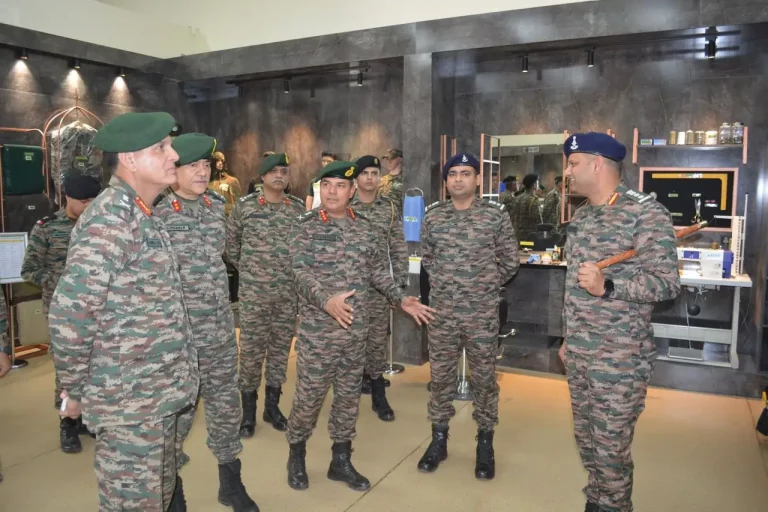In a momentous ruling on May 23, 2025, the Punjab and Haryana High Court dismissed the anticipatory bail application of Inspector Ronnie Singh, one of twelve police officers implicated in an assault against Colonel Pushpinder Bath, a serving officer in the Indian Army, and his son. This incident, which occurred during a parking dispute in Patiala, Punjab, has ignited public outrage and spurred discussions on police accountability and conduct in India.
The altercation took place on the night of March 13-14, 2025. According to the First Information Report (FIR) and accounts from witnesses, Colonel Bath and his son were violently confronted by police officers, even after clearly identifying themselves. The FIR was filed only after significant public pressure and media attention highlighted the incident. The ensuing public outcry prompted the Punjab and Haryana High Court to transfer the investigation from the Punjab Police to a newly formed Special Investigating Team (SIT) under the Chandigarh Police, aimed at ensuring an impartial investigation.
In his judgement, Justice Anoop Chitkara conveyed a powerful message regarding the intended role of the police force. He asserted that the primary duty of police is not to instill fear in citizens but to uphold law and order. He expressed concern over the entrenched fear many citizens, particularly marginalized and less-privileged groups, possess towards law enforcement. Justice Chitkara attributed this fear to the misconduct of a minority of police officers, highlighting the necessity for a reform in police practices.
The court emphasized the need for police officers to act with a balance of assertiveness and compassion. While recognizing that the police must use reasonable force in crime control, Justice Chitkara insisted that this force must be exercised with empathy, integrity, and impartiality. Such conduct is essential for fostering public confidence in law enforcement.
The case raised particular alarm due to the alleged blatant disregard for professional duties by the accused officers. Despite being informed of Colonel Bath’s identity as a serving officer through his ID card, the accused reportedly continued the assault, threatened his life, and showed no signs of de-escalation. Justice Chitkara remarked that the behavior demonstrated by the police team reflects a troubling mindset in some officers in the region.
Additionally, the judge stressed the importance of professionalism, particularly in Punjab, a region grappling with complex challenges, including its proximity to a hostile border and ongoing issues related to narcoterrorism. Such circumstances necessitate the highest standards of conduct from police officials.
After reviewing the documents associated with the bail petition, the court found sufficient evidence implicating Inspector Ronnie Singh in the assault. The serious charges outlined under various sections of the Bharatiya Nyaya Sanhita, which include non-bailable offenses, weighed heavily against the acceptance of the anticipatory bail request. The court’s stance reflects a commitment to reinforce the gravity of the situation and uphold public faith in the justice system.
This ruling signifies a robust assertion by the judiciary regarding police accountability and an effort to restore trust amid ongoing concerns about police misconduct across the nation. The rejection of bail serves as a powerful reminder that police personnel must honor the dignity and rights of all citizens, regardless of their status, with any abuse of authority subjected to rigorous judicial scrutiny.
The incident has also stirred political responses, with opposition parties calling for prompt action against the involved police personnel. The handover of the investigation to the Chandigarh SIT is expected to enhance the transparency and thoroughness of the inquiry.
In summary, the decision by the Punjab and Haryana High Court reflects the critical balance necessary for law enforcement: the obligation to enforce laws while respecting individuals’ rights. As the investigation continues under the SIT, this case stands as a significant test of the Indian justice system’s capacity to hold state actors accountable and maintain the rule of law.







